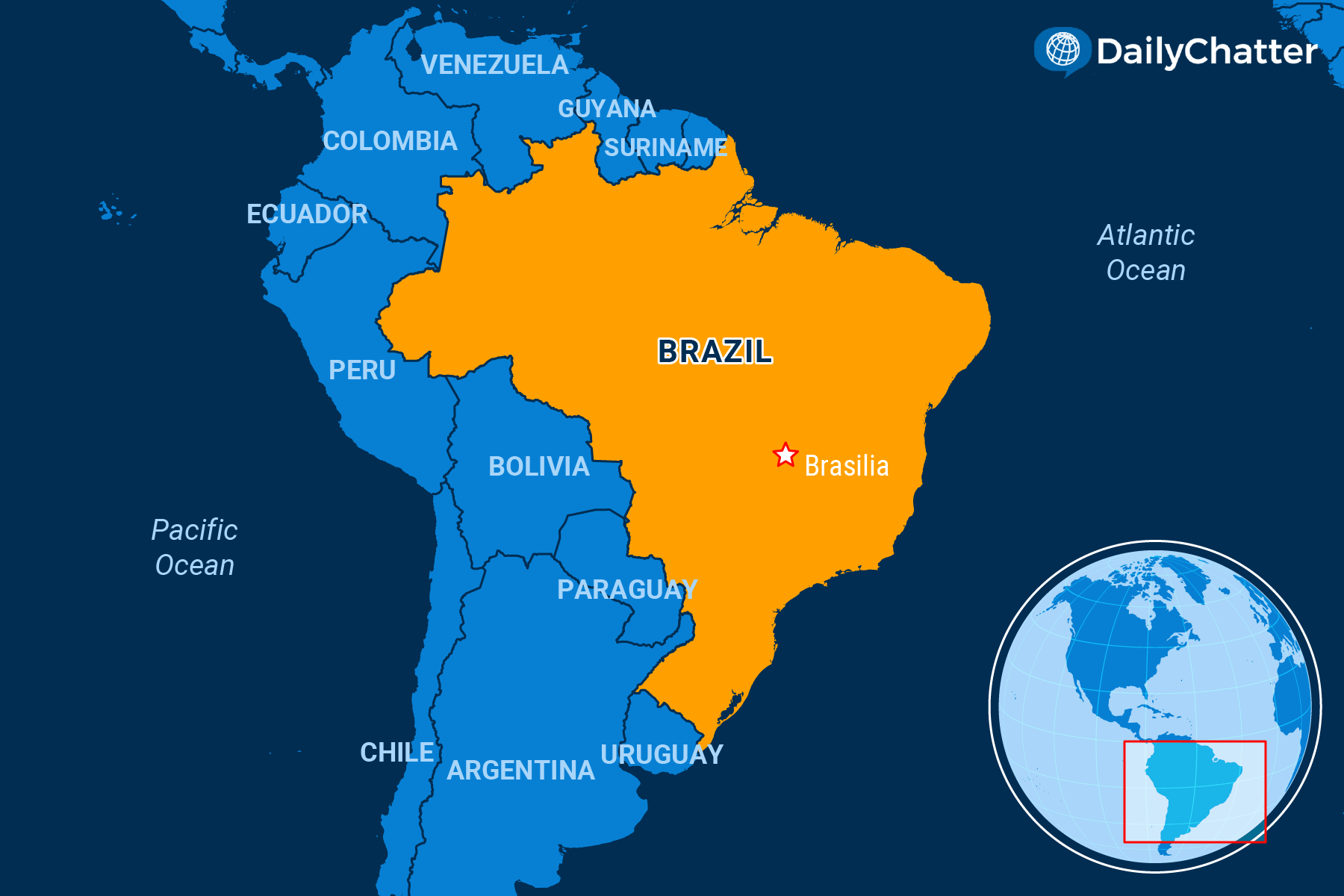How Much is Too Much?

Brazil’s supreme court voted this week to decriminalize the possession of marijuana for personal use, a decision aimed at resolving vague provisions in the current drug laws and to help reduce the South American nation’s large prison population, the Associated Press reported Wednesday.
On Tuesday, eight of 11 judges voted to make the possession of small amounts of cannabis an “illicit act,” but not to be punished by criminal proceedings. The selling of the narcotic will still remain illegal.
The top court decreed Wednesday that the maximum amount for personal use would be 40 grams.
The verdict comes after years of deliberations by the supreme court after it heard the case of a prisoner who received an additional term for hiding three grams of cannabis in his cell. The trial first began in 2015 but has been interrupted on various occasions, according to Agence France-Presse.
Currently, Brazil’s drug laws, dating from 2006, stipulate that individuals carrying small amounts of narcotics should be punished with alternative penalties, such as community service. However, the legislation does not determine the specific amount for alternative punishments and leaves that interpretation to authorities.
Supreme Court Judge Alexandre de Moraes previously said existing laws punish above all “young people, especially Black people, who are treated as drug traffickers for possessing small amounts.”
As of December 2023, Brazil had 852,000 individuals in custody, with nearly 25 percent arrested for drug possession or trafficking. Overcrowded jails disproportionately house Black citizens, who make up over two-thirds of the prison population.
A recent study by Insper, a Brazil-based research institute, analyzed more than 3.5 million records from São Paulo between 2010 and 2020, and found that Black individuals caught with drugs were slightly more likely to be indicted as traffickers than white individuals.
While human rights groups welcomed the vote, the court’s decision is expected to clash with the legislature.
Brazil’s congress is advancing a proposal to tighten drug laws: In April, the upper chamber approved a constitutional amendment criminalizing possession of any illicit substance.
The lower house’s constitutional committee approved it on June 12, and it must pass another committee before a floor vote. If passed, this legislation would take precedence over the court’s ruling but could still face constitutional challenges.

Subscribe today and GlobalPost will be in your inbox the next weekday morning
Join us today and pay only $32.95 for an annual subscription, or less than $3 a month for our unique insights into crucial developments on the world stage. It’s by far the best investment you can make to expand your knowledge of the world.
And you get a free two-week trial with no obligation to continue.
